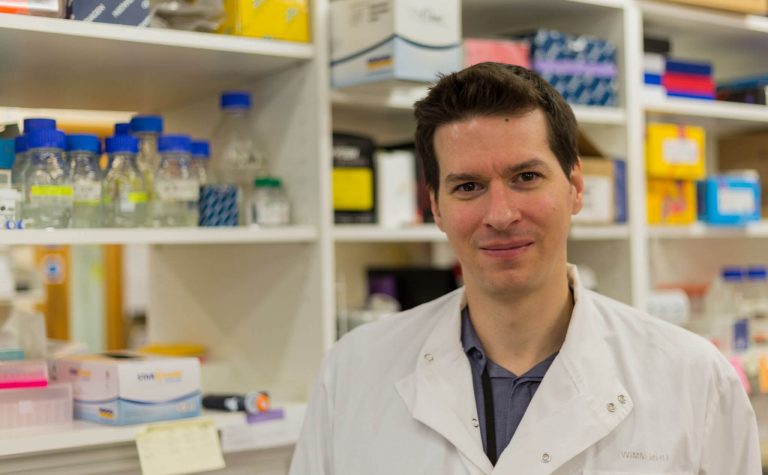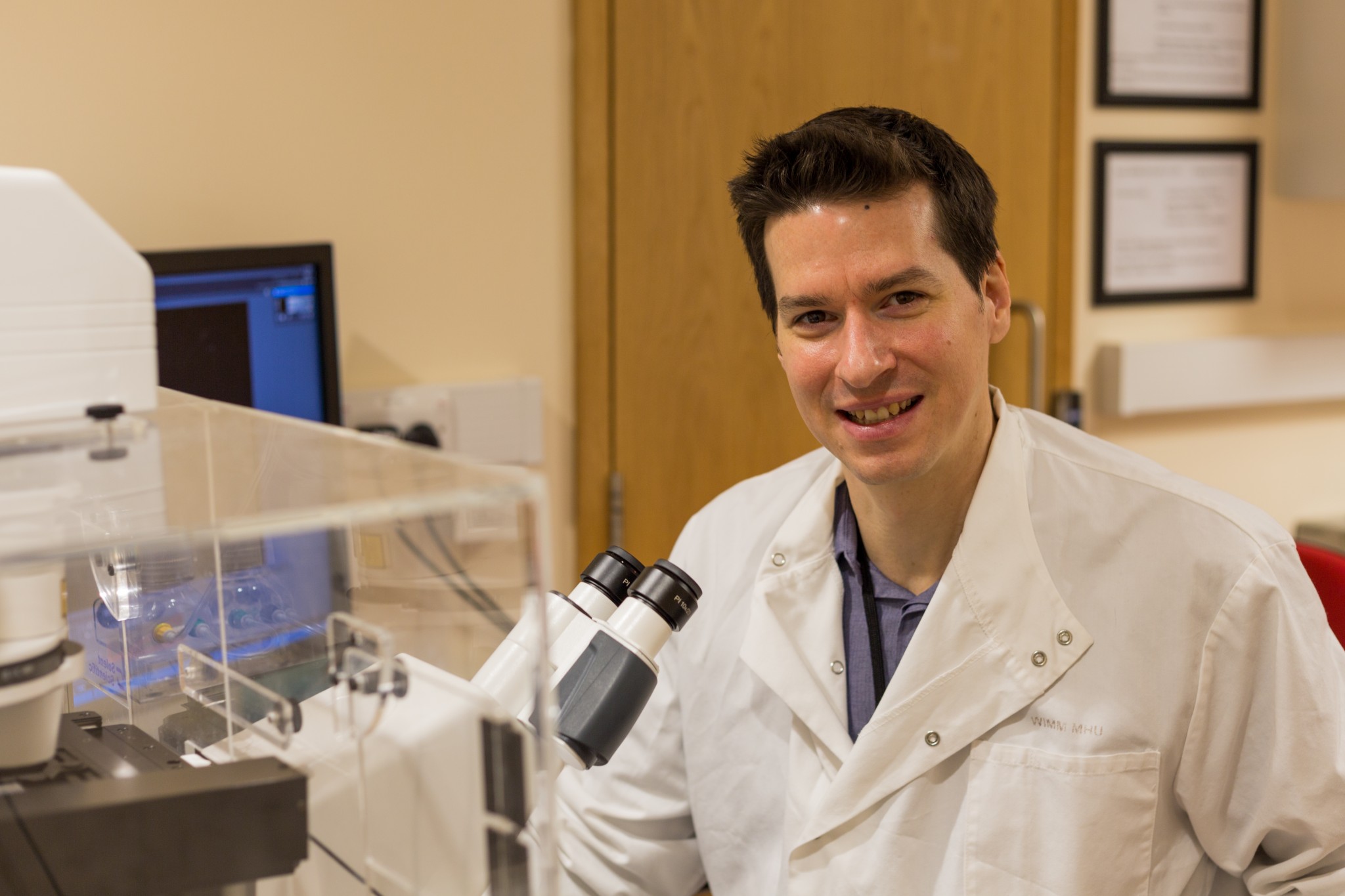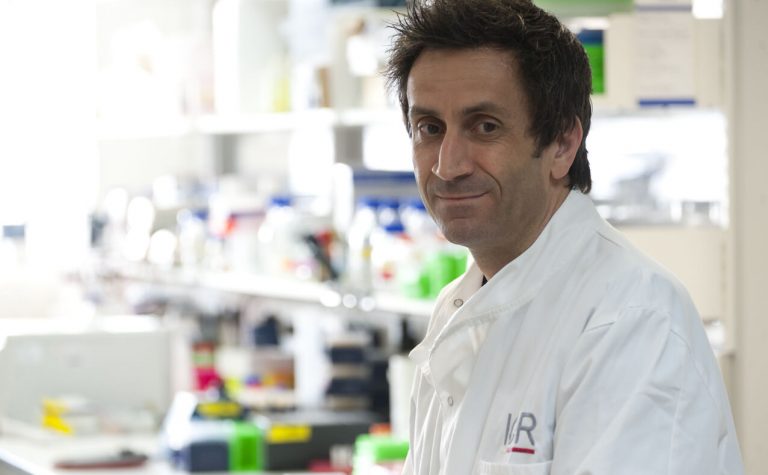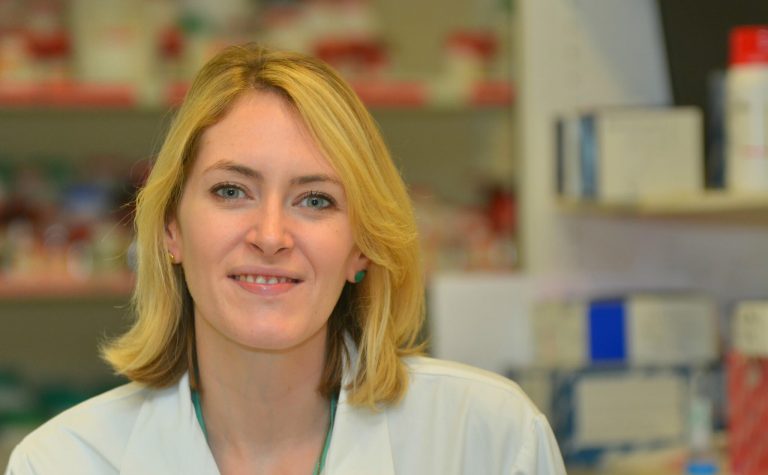Project Details
Project Title
The molecular basis for the alternative lengthening of telomeres in telomerase negative cancers
Lead Researcher
Dr David Clynes
Research Centre
University of Oxford
City & Institution Postcode
Oxford, OX3 9DS
Start Date
1 January 2017
Duration
5 years
Grant Amount
£394,634




